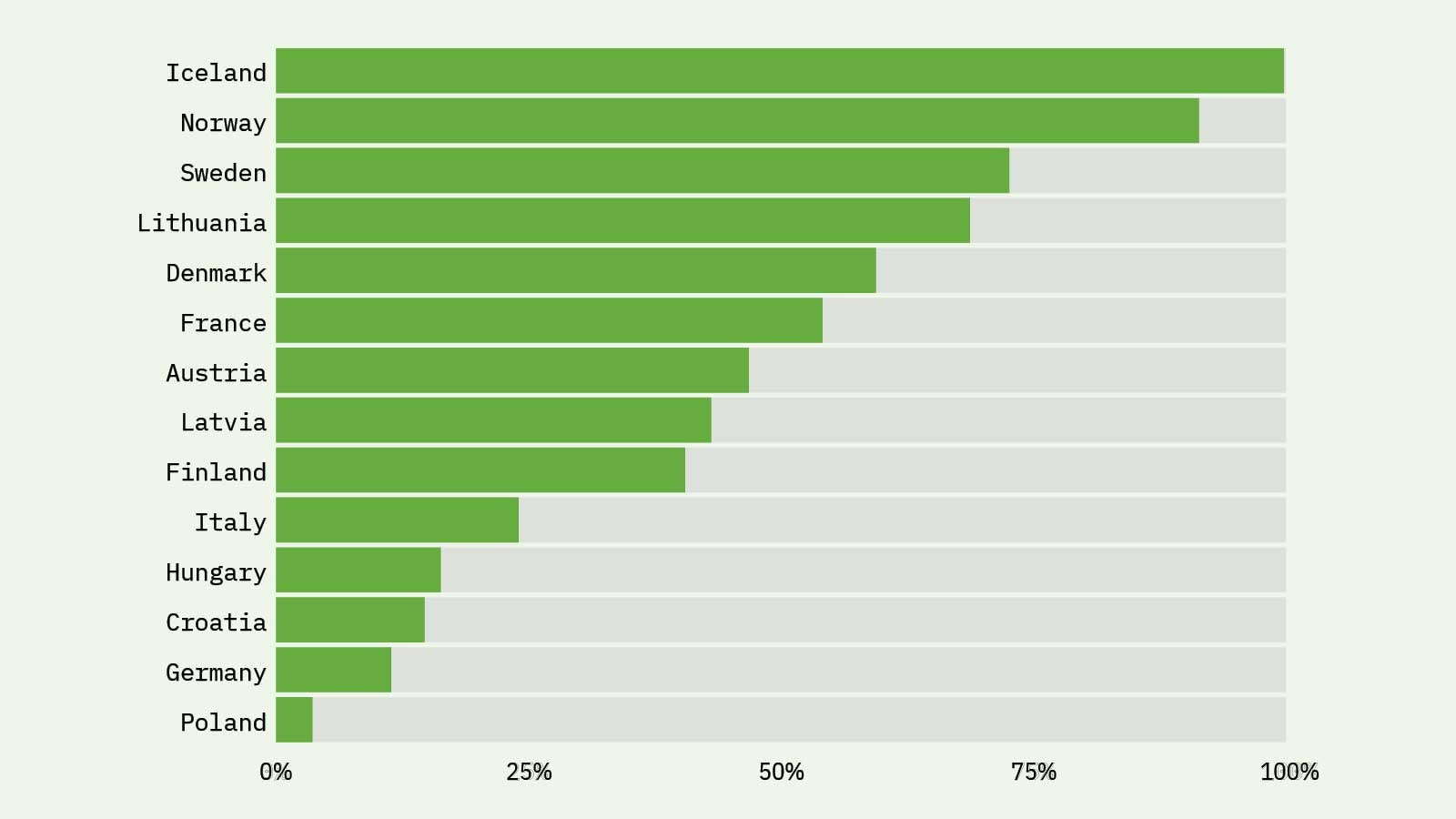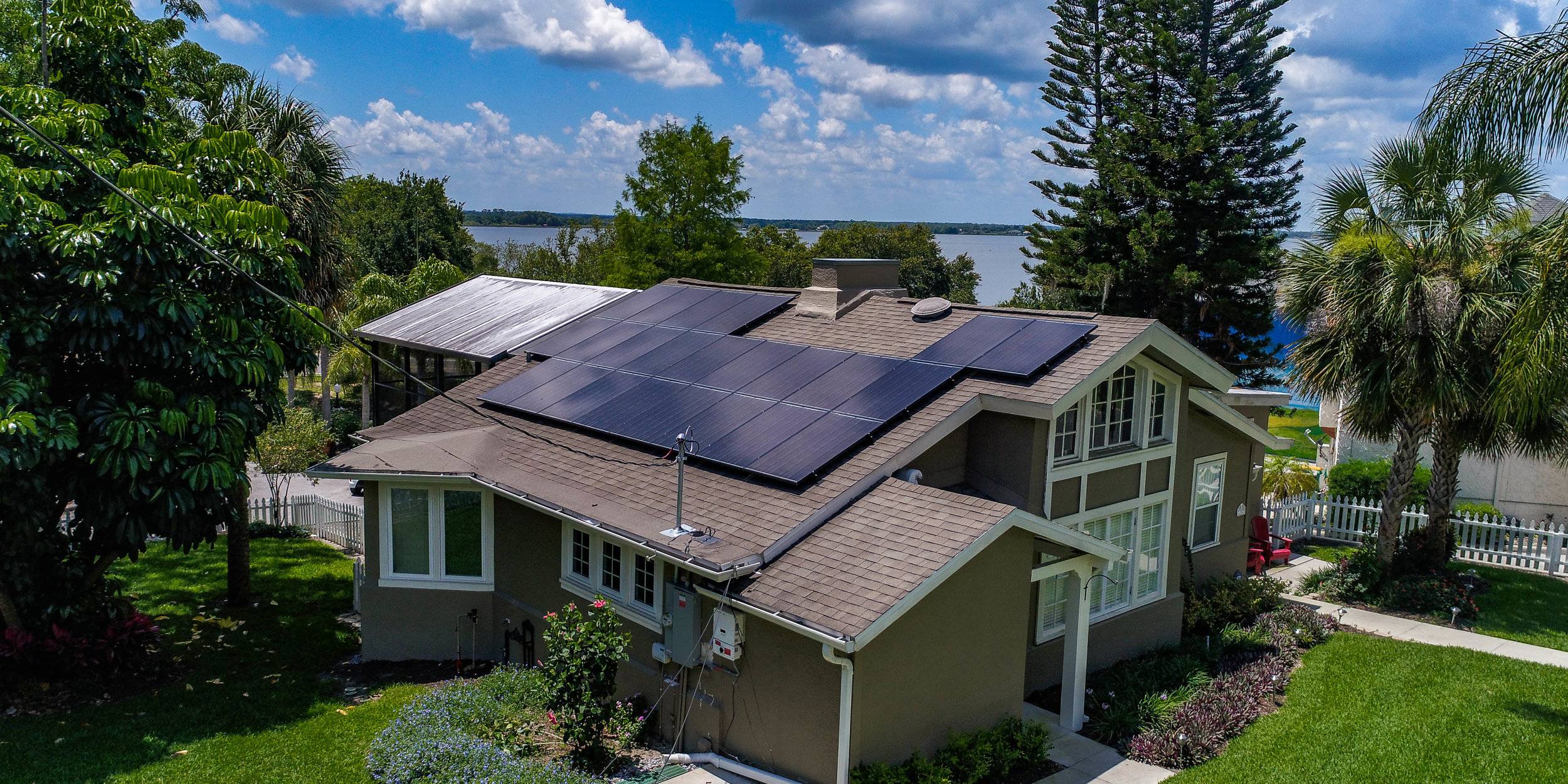
Energy in the United Kingdom mainly comes from fossil fuels. The country consumed 142.0million tonnes of oil equivalent in 2019. The UK's energy consumption per capita was 2.78 tonnes of oil equivalent compared to 1.92 tons globally. This was a significant increase from the previous year. The trend is expected to continue.
Community energy
The political and legal framework for community energy in the United Kingdom has many challenges and is difficult to implement. First, community energy does not operate as a market-based state-run organization. As such, community energy does not have the ability to act as rule-makers within the existing British policy regime. It is therefore difficult to institutionalize its benefits and challenge adverse decisions.
Community energy projects often involve a centralised system that connects to the local distribution grid. Local DNOs are also available to help communities pilot new technologies that could reduce their carbon footprint or energy use. These initiatives could include collective switching between gas and electricity providers and the installation solar panels and windturbines.

It is possible to reduce energy costs by funding community energy projects. In addition, small-scale community energy projects almost always use local contractors. Recent research shows that 161 of 38 community energy organizations that completed projects used local contractors. This means that money raised through community projects has been used to invest in local businesses.
Pumped-storage power
The UK's power system can reap many benefits from the use of pumped storage power. It relieves transmission bottlenecks and helps to restore power supplies during blackouts. Additionally, pumped storage systems reduce the cost of balancing the national grid, which ultimately benefits consumers. SSE Renewables has therefore welcomed the Scottish government's approval to a revised Coire Glas Pumped-storage Project.
In Lochaber in Scotland, the company has completed its first large-scale project in the UK. The company has plans to build a 1.5GW pumped-storage hydroelectric facility there. The project is currently in limbo while the developer looks for an attractive financial incentive. The developer expects to start construction in 2024.
The United Kingdom is home to huge potential in pumped-storage power. Closed loop sites and abandoned coal mining sites are perfect for this type storage. There are more than 600,000 locations that could be used for pumped storage. These sites are cost-effective over the long term. Pumped storage was cited by the UK Committee on Climate Change as the best way to store power for upto a week.

Wind farms
Wind power is the largest source of energy in the United Kingdom. The UK government has committed that renewable energy will be a greater part of the power mix in 2020. There is currently 22 gigawatts installed wind capacity in the UK, with another 10 gigawatts offshore. This increase in wind power is mainly due to government efforts at reducing carbon emissions.
There are currently three major offshore wind developers operating in the UK. DONG UK Energy, RWE Npower Renewables, and SSE Renewables are all working on projects for wind farms to be built on British shores. In June 2008, the Crown Estate of the UK launched the third round in site allocations. This was just a few months following the second round. This round was much larger than the previous ones. It identified sites that could produce up to 25 gigawatts.
Since onshore wind costs less to develop than offshore wind in development, the government has removed subsidies for those who want to build wind farms. The government has tightened planning regulations in response to community complaints. Wind farms must be identified on neighbourhood plans. These plans must also be updated every five-years. Construction time has been slowed down by the long planning process.